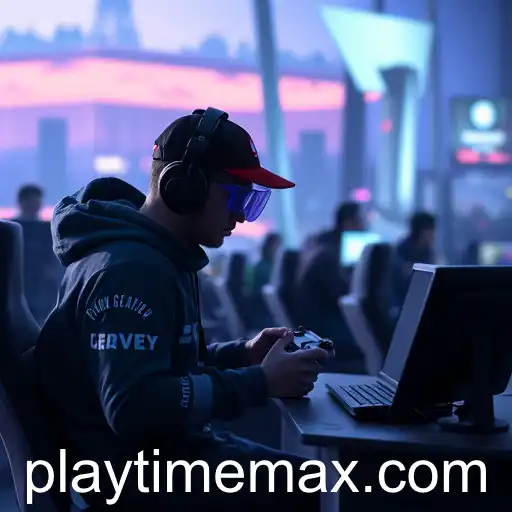
In 2025, the landscape of digital gaming continues to evolve, with 'playtime' emerging as a crucial focus in the industry. 'Playtime' not only refers to the hours spent immersed in virtual worlds but also highlights the broader implications gaming has on modern society. As more people turn to games for entertainment, learning, and social interaction, the significance of playtime extends far beyond the screen.
As digital games become more integrated into daily life, game developers are faced with the challenge of creating content that caters to both entertainment and cognitive development. Companies are leveraging AI and machine learning technologies to tailor playtime experiences that adapt to individual user preferences, maximizing engagement and retention. This personalization trend is becoming a cornerstone in the success of modern gaming platforms.
Furthermore, playtime is reshaping online communities where players connect and collaborate. These spaces offer more than just gameplay—they provide a sense of belonging and a platform for players to express themselves. The dynamics within these communities are drawing attention from sociologists and psychologists alike, who recognize gaming as a cultural phenomenon. Platforms like Discord and Twitch exemplify how playtime is fostering new forms of communication and friendship across borders.
In the realm of competitive gaming, or esports, playtime directly correlates with performance and career progression. Players dedicate substantial hours to honing skills and strategies, pushing the boundaries of human performance in gaming. This dedication is mirrored by the industry’s financial growth, with esports tournaments offering lucrative prizes and widespread media coverage.
Amid these advancements, concerns over digital well-being and balance come to the fore. While extended playtime can enhance skills and provide enjoyment, it also raises discussions on screen time management, mental health, and the physical impacts of prolonged gaming sessions. Researchers and game developers are collaborating to innovate solutions that promote healthy gaming habits without sacrificing the immersive experiences players seek.
The digital gaming industry's future will likely witness even closer intersections with emerging technologies, such as virtual reality and augmented reality, further redefining what playtime means in 2025 and beyond. As the gaming landscape continues to shift, understanding the nuances of playtime will be essential in navigating the cultural and technological transformations of our time.


